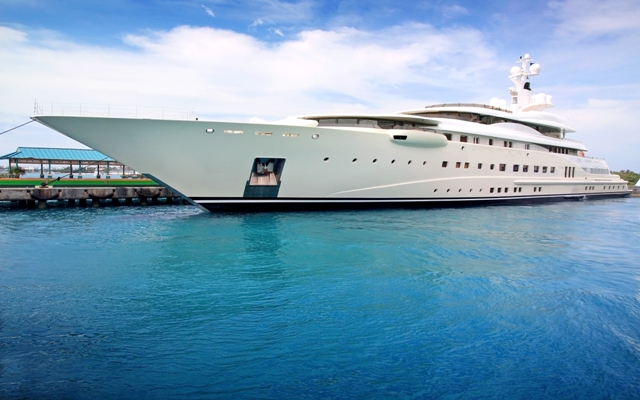Vessels have various descriptions, types and have hundreds of thousands of components, but there are some crucial parts that are common to all vessels. In this write-up you are going to explore what comprises of an engine and engine room.
People who are not directly associated with the functional and technical aspect of a ship, unlike marine engineer, there are possibility that they have never seen an engine room and do not have much detail about the engine parts. The engine room is an interesting zone and the heart of a ship.
Evolutions of Vessels over Time
Diesel engines and engine rooms for cruise ships or other marine vessels have changed to some extent over the decades. Currently, modern engines are designed to be more economical and release smaller amount of toxic exhaust gas fumes. Over the years, the main engines of the ships were causing a lot of air pollution. Due to this reason, the legislation has been brought in to cut down the exhaust gas emissions of vessels. Ship owners asked for improvements, and engineers and architects reacted by designing modern efficient vessel engines and engine rooms. These modifications started with the employment several methods in reducing the emissions. There are:
- Sulphur Reduction from Exhaust Gasses and Fuel Oil
- Sulphur Reduction Content in Heavy Fuel Oil
- Reduction of Sulphur Oxides from Exhaust Gasses by Using Scrubbers (vertical pressure vessel usually positioned in the funnel)
Platforms of an Engine Room
There are primarily three platforms in an engine room. These are – top, middle and bottom.
Along with loads of tanks and other paraphernalia, the top platform includes spare parts of the main engine, pumps, auxiliary machinery and operation of the vessel. Various tanks include main engine crank case lube oil tank, heavy oil service tank, cylinder lube oil storage tank, mixing column, jacket cooling water expansion tank, etc. auxiliary machinery consists of generators producing electricity, exhaust boiler, fresh water hydrophore, sewage plant, sanitary hydrophore and incinerator.
In the middle platform, once can find pumps such as Main engine booster pump, Fresh water condenser pump, Maine engine fuel pumps, etc. It also comprises coolers Jacket cooling water cooler, fresh water generator cooler and main lube oil cooler. There is purifier steam heater, main engine fuel oil heater, and auxiliary machineries like main air compressor, emergency air compressor etc.
The bottom platform of the vessel contains main sea water pumps, sludge pump, fridge pump and various other pumps. There are loads of liquids that needs to be stored, and hence there are different types of tanks to be found on the bottom platform of a vessel such as fuel oil drain tank, lube oil drain tank, Piston cooling water tank, Bilge holding tank, Scavenger drain tank, Stuffing oil drain tank etc.
All you Need to Know About the Engine Room
The engine room is the area in the ship where the machinery is situated. However, there are numerous equipments that are not located inside the engine room like winches, cranes and others. First, one should know where the engine room is situated. It extends from the bottom most level to the funnel. The main diesel engine or major propulsion plant, that drives the propeller, is situated at the bottom but height is equal to several stories.
There are no hard and fast rules about the placement of each parts of the equipment, but usually the cruise vessels for sale have engine room that has a number of levels comprising different machinery like auxiliary engines or diesel generators, the inert gas plant, fuel and oil pumps, a boiler, fresh water generator, the engine control room, purifiers, waste incinerator, storage tanks and multiple other paraphernalia such as electrical panels at different levels.


